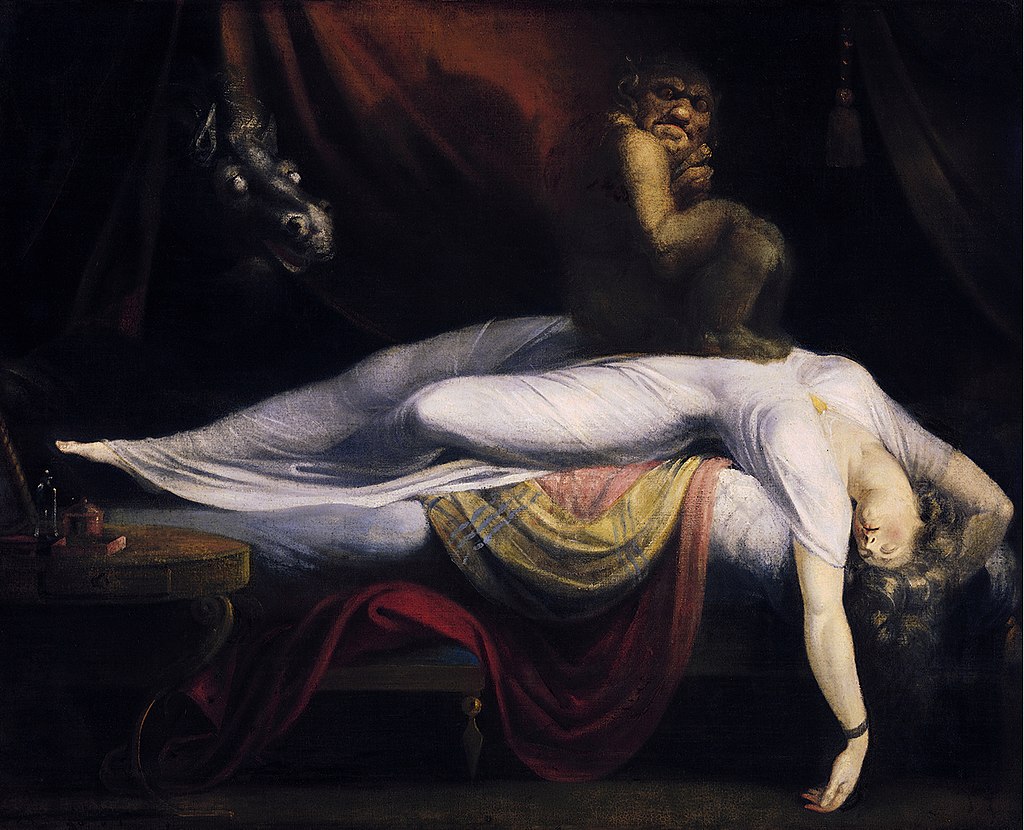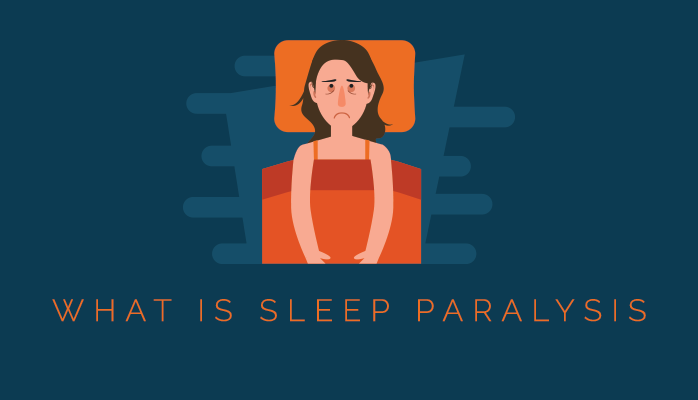What is Sleep Paralysis?
Sleep paralysis is scary, no doubt about it. It’s the feeling of being conscious, but unable to move. It occurs right before you fall asleep, or right after you wake up – namely, in the transition to or from sleep. It can last a few seconds, or it can last up to a couple of minutes (or more!).
During an episode of sleep paralysis:
- You will be partially or totally unable to move
- May be unable to speak
Simply put, it arises as a result of your body not smoothly transitioning between stages of wakefulness and sleep. Continue reading to learn more about what sleep paralysis is and how to manage it.
When Does Sleep Paralysis Happen?
Sleep paralysis happens in the transition to and from sleep.
So, at night right before you fall asleep, as you are drifting off, you may suddenly be unable to move or sleep. When it happens before you fall asleep, it is called hypnagogic sleep paralysis.
Or, it can happen as you rouse from sleep. Just like before you go to sleep, you will suddenly find yourself unable to move or speak, even as you rouse fully. When it happens after you wake up, it is called hypnopompic sleep paralysis.
Symptoms of Sleep Paralysis
The symptoms are relatively straightforward:
- Mostly unable to move
- Completely unable to move
- Unable to speak
These episodes can be incredibly terrifying, especially if you are not aware that they are just temporary and will pass – in that moment, you are left feeling completely paralyzed! In ancient times, sleep paralysis was often associated with the presence of evil spirits, as depicted in the famous painting "The Nightmare," which is believed to have been inspired by experiences of sleep paralysis.

"The Nightmare" may represent sleep paralysis. People used to think that sleep paralysis was a sign of demonic presence.
These symptoms can last as little as a few seconds or as much as 2+ minutes.
What Causes Sleep Paralysis
While there’s no central cause for sleep paralysis, there are things that put you are risk for sleep paralysis:
- If you have narcolepsy
- If you are suffering from sleep deprivation
- If you have certain mental disorders, such as bipolar disorder
- Certain ADHD medications
- Sudden change to your sleep schedule
Treatments for Sleep Paralysis
There is usually no specific treatment or need to treat sleep paralysis, except in cases where the sleep paralysis is actually a symptom of a more serious, underlying problem like narcolepsy.
If your sleep paralysis is somewhat routine, it’s probably time to speak with your doctor or a sleep specialist. Having a sleep diary recording your sleep patterns over the previous week will be extremely helpful. Reach out to us by taking this free online sleep test in order to get started.


